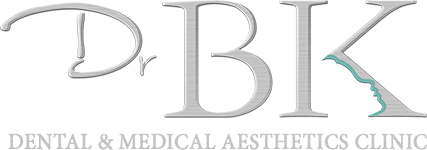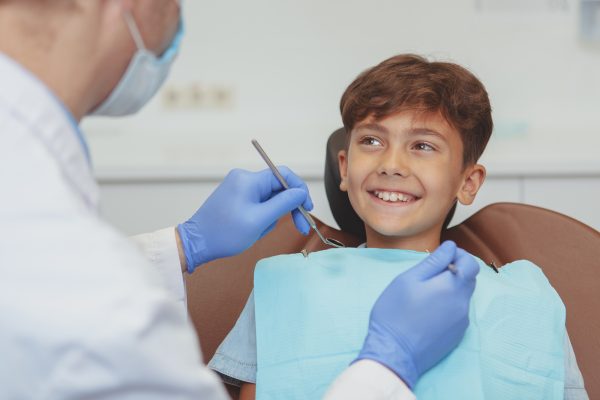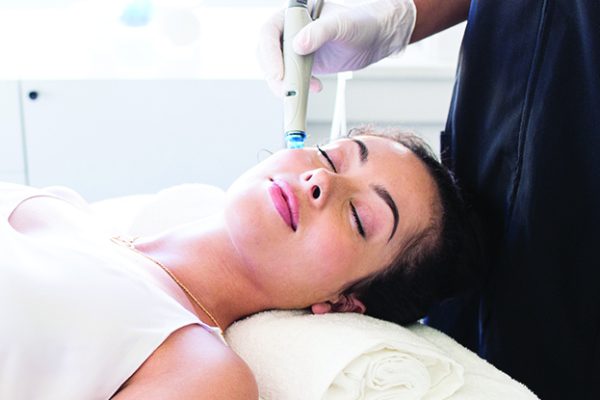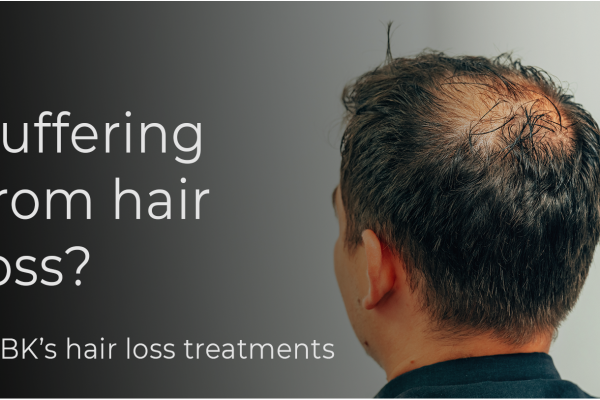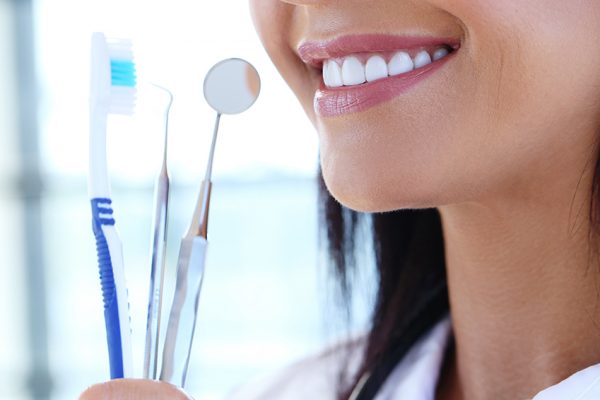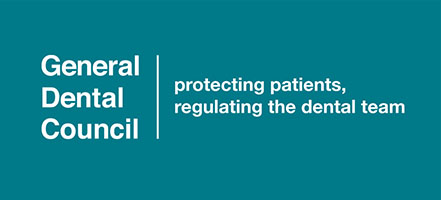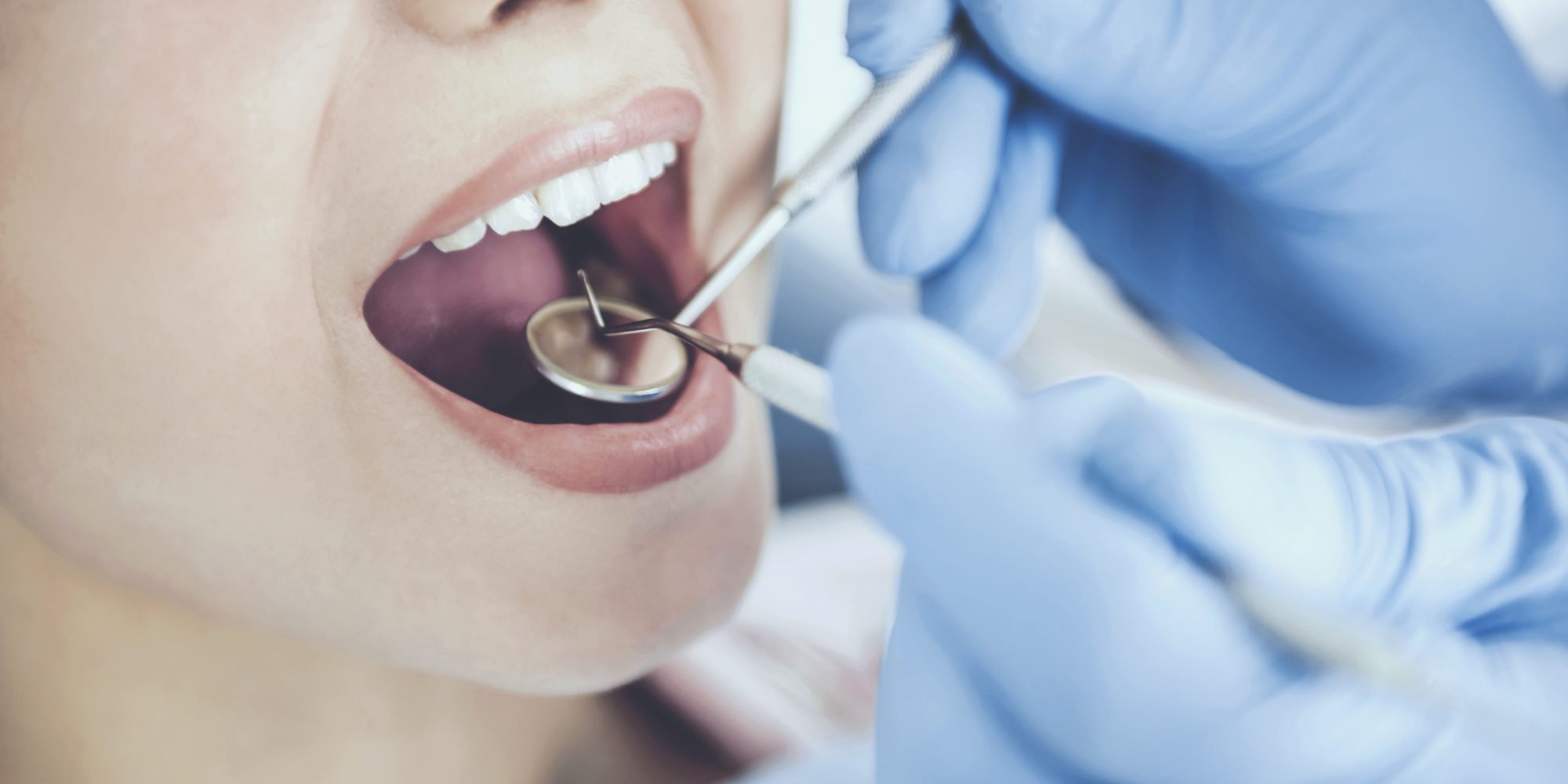
Gum Disease & Oral Cancer Screening
Gum Disease and Oral Cancer Screening
Other than having clean and sparkling teeth, there is a reason we offer such in-depth dental examinations. Good oral health is key to preventing gum disease and oral cancer.
Gum disease is a very common condition where the gums become swollen, sore or infected, but it must be treated accordingly when or if it appears.
Most people have heard of cancer affecting parts of the body such as the lungs or breasts, however oral/mouth cancer is where the disease affects the lips, tongue, cheeks and throat.
______
What is involved in an oral screening?
During your examination at DrBK we will not only look at your teeth but also the soft tissues inside your mouth such as your tongue, gums and the inside of your cheek. The examination will also look at your neck and underneath your jaw. Remember, we can see parts of your mouth that you cannot see easily yourself.
What happens if we find a problem?
If we find something unusual we will refer you to a consultant at the hospital, who will carry out a thorough examination of your mouth and throat. A small sample of the cells may be gathered from the area (a biopsy), and these cells will be examined under the microscope to see what is wrong.
What happens next?
If the cells are cancerous, more tests will be carried out. These may include overall health checks, blood tests, x-rays or scans. These tests will decide what course of treatment is needed.
Please find below some frequently asked questions regarding gum disease and oral cancer.
Frequently Asked Questions About Gum Disease
What are the signs of gum disease?
The signs of gum disease include (but are not limited to):
- Gums are painful and/swollen
- Gums bleed when you brush your teeth
- Persistent bad breath
What happens if I don't get my gum disease treated?
If gingivitis (the early stage of gum disease) is not treated, a condition called periodontitis can develop. This affects the tissues that support teeth and hold them in place, leading to further complications including:
- Painful collections of pus (gum abscesses)
- Receding gums
- Loose teeth
- Damage to your jawbone
- Eventual loss of teeth
Who can be affected by gum disease?
Most adults in the UK have gum disease to some degree, and most people experience it at least once. It's much less common in children.
What is the cause of gum disease?
Gum disease is caused by a build-up of plaque on the teeth, which happens as a result of poor oral hygiene.
Plaque is a sticky substance that contains bacteria. Some bacteria in plaque are harmless, but some are harmful for the health of your gums. If you do not remove plaque from your teeth by brushing them, it builds up and irritates your gums. This can lead to redness with bleeding, swelling and soreness.
How do I treat and prevent gum disease?
Mild cases of gum disease can usually be treated by maintaining a good level of oral hygiene. This includes brushing your teeth at least twice a day and flossing regularly.
You should also make sure you go for regular dental check-ups. We recommend seeing your dentist at least once every 1-2 years.
In most cases of gum disease, your dentist or dental hygienist will be able to give your teeth a thorough clean and remove any hardened plaque (tartar). They'll also be able to show you how to clean your teeth effectively to help prevent plaque building up in the future.
If you have severe gum disease, you'll usually need to have further medical and dental treatment. In some cases, surgery may need to be carried out. This will usually be performed by a specialist in gum problems (periodontics). Our Periodontist at DrBK is the lovely Dr Karim.
Frequently Asked Questions About Mouth Cancer
What are the signs of mouth cancer?
Mouth cancer can appear in different forms and can affect all parts of the mouth, tongue and lips.
- Mouth cancer can appear as a painless mouth ulcer that does not heal normally
- A white or red patch in the mouth can also develop into a cancer.
- Be aware of any unusual lumps in your mouth or jaw area
- Persistent hoarseness
It is important to visit us or your GP if these areas do not heal within three weeks. If you aren’t sure, please do phone us so that we can advise you and arrange an appointment if necessary.
What can cause mouth cancer?
- Most cases of mouth cancer are linked to tobacco and alcohol. Cigarette, cigar and pipe smoking are the main forms of tobacco use in many parts of the world. However, the traditional habits in some cultures of chewing tobacco, betel quid, gutkha and paan, are particularly dangerous.
- Alcohol increases the risk of mouth cancer, and if tobacco and alcohol are taken together the risk is even greater.
- Over-exposure to sunlight can also increase the risk of cancer of the lips.
- Many recent reports have linked mouth cancer to the human papillomavirus (HPV). HPV is the main cause of cervical cancer and affects the skin that lines the moist areas of the body.
HPV can be spread through oral sex, and research now suggests that HPV could soon rival smoking and drinking as one of the main causes of mouth cancer.
Practising safe sex and limiting the number of partners you have may help reduce your chances of getting HPV. Many people get HPV during their lives and for many this does not cause a problem.
There are now HPV vaccines for both girls and boys. They were developed to fight cervical cancer, but it is likely that they will also help to reduce the rates of mouth cancer. These vaccines are given at age 12 to 13 before sexual activity starts.
Who can be affected by mouth cancer?
Anyone can be affected by mouth cancer, whether they have their own teeth or not. Mouth cancers are more common in people over 40, particularly men. However, research has shown that mouth cancer is becoming more common in younger patients and in women. There are more than 640,000 cases of mouth cancer diagnosed each year worldwide and it is the eleventh most common cancer. In the United States there are around 43,000 cases each year. In some countries there is an increased risk because of problems such as tobacco chewing – in India, for example – and the rates are even higher.
There are, on average, almost 7,000 new cases of mouth cancer diagnosed in the UK each year. The number of new cases of mouth cancer is on the increase, and in the UK has increased by over half in the last decade alone.
Do people die from mouth cancer?
Yes. Nearly 2,000 people in the UK die from mouth cancer every year. Many of these deaths could be prevented if the cancer was diagnosed early enough. As it is, people with mouth cancer are more likely to die than those having cervical cancer or melanoma skin cancer.
How can mouth cancer be detected early?
Mouth cancer can often be spotted in its early stages if you attend your regular extensive examinations or come in when you have noticed that there may be a problem. If mouth cancer is diagnosed early, then the chances of a cure are good. However, many people with mouth cancer can ignore the symptoms and not attend an appointment in time to catch an early diagnosis.
Is there anything I can do at home to help prevent mouth cancer?
Be aware of what is going on in your mouth.
Stop smoking, and cut down on the amount of alcohol you drink.
Eat a balanced, healthy diet with at least five portions of fruit and vegetables a day. This can also help protect against many other cancers.
Examine yourself regularly.
Ulcers that do not heal within three weeks, any unusual red or white patches, lumps in your neck or jaw area, or persistent hoarseness are all reasons for asking your dental team or doctor to examine you. There is probably nothing seriously wrong but an early diagnosis could save your life.
Ensure that you attend routine extensive examinations regularly and call us if you notice a problem, we will be happy to schedule you in an appointment if you are concerned.
Can mouth cancer be cured?
If mouth cancer is spotted early, the chances of a complete cure are good, and the smaller the area or ulcer the better the chance of a cure. However, too many people come forward too late because they do not have regular mouth examinations.
